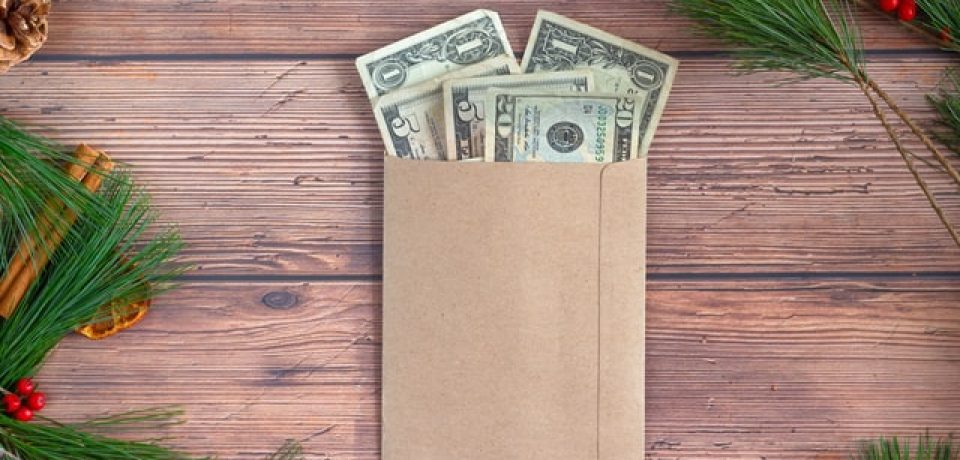With interest rates having risen again and prices showing no sign of coming back down, or even slowing up, it is little wonder that so many people are concerned about the rises in costs that we have already seen in 2023. With this in mind, it can be a good idea where possible for people to try and build up an emergency fund that will help them with any unexpected expenses that might come up.
Why is an emergency fund important?
When you have an emergency fund, you are ensuring that if something unexpected happens, whether this is a drop in income or an unexpected expense, you have funds to help you. A decent savings pot will see you through a period of financial issues and help you to feel more confident about your financial situation.
How much should I aim to put aside?
In the current climate putting any money aside can be difficult for many people. As a rule of thumb, you should try to build up a buffer equivalent of between 3-6 months of the cost of your living expenses. In order to work out what this figure is calculate all of your essential outgoings in a month and multiply this by the number of months.
You won’t be able to save all of this at once but if you try to put aside a small amount of savings each month, even if it is only £10, then this money will soon build up.
Where is the best place to keep this emergency money?
The money that you save should be put somewhere safe, where you will be able to access it in a hurry if you need to. It isn’t a good idea to keep it in your main bank account and just keep a note of how much you have as this is too easy to spend.
The problem is with interest rates and inflation as they are at the moment so this makes it really important to make sure that you look around for an account where you will get a good return on your savings. Something to consider in your search is the minimum deposit amount, particularly if you can only afford to put a minimal amount aside each month. Don’t forget to check how many withdrawals you can make in a calendar year.
How to build up an emergency fund
Setting up a direct debit for the monthly amount you have already worked out is a great way of building up your emergency money. Do this so that it goes out of your account at the beginning of the month, and you will barely notice it going.
If money is very tight, then you may also need to conduct a review of exactly what you are paying out and where. This will help you see if there is anything that you can cut back on. This might be things like subscriptions you can manage without or shopping around for better deals like your mobile and broadband deals. Don’t forget to look at your home and car insurance at renewal time and make sure you are getting the best deals.


